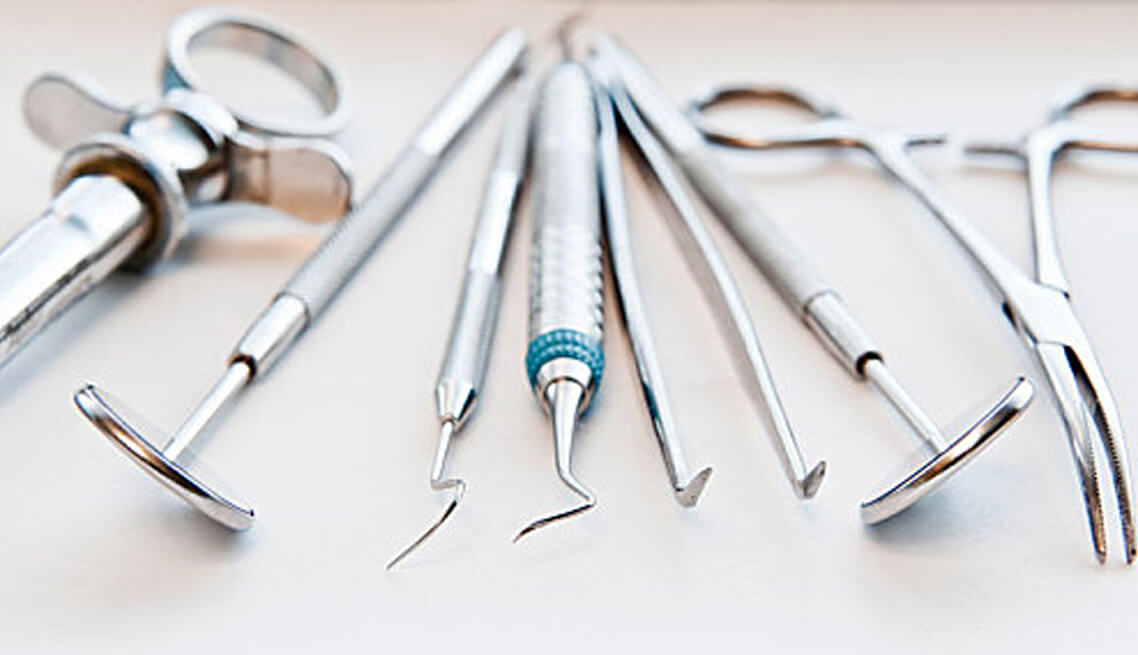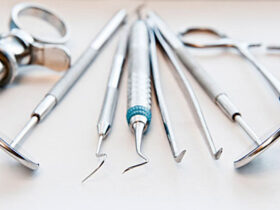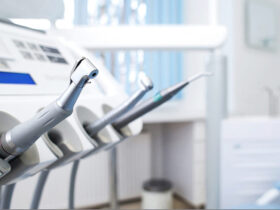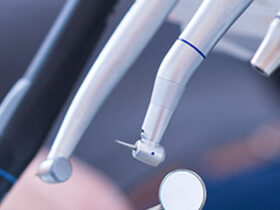Aluminium for medical devices
Aluminium for medical devices:
The healthcare industry relies on cutting-edge technology and materials to provide accurate diagnosis and treatment for patients. Aluminium is a versatile and lightweight metal that has become an important material in the manufacture of medical devices. Its importance in this field stems from its unique combination of properties, including precision, cleanliness, durability and ease of sterilisation.
The significance of aluminium in the world of medical devices lies in its exceptional properties:
1. Precision manufacturing
Aluminium’s ductility and machinability allow for the manufacture of precise and complex components used in a wide range of medical devices, ensuring accuracy and reliability of diagnosis and treatment.
2. Cleanliness
Aluminium is naturally resistant to corrosion and does not react with most chemicals, making it ideal for medical devices that require frequent cleaning, disinfection or contact with body fluids.
3. Lightweight design
Aluminium’s low density makes medical equipment lightweight, simplifying transport and maneuverability in medical environments.
4. Durability
The strength and durability of aluminium ensures the longevity of medical devices, reducing maintenance costs and ensuring consistent performance.
Aluminium is used in a wide range of medical devices, including
1. Diagnostic equipment
Aluminium components are used in diagnostic equipment such as X-ray machines, MRI machines and CT scanners to provide structural support and maintain accuracy.
2. surgical instruments
Surgical instruments such as scalpels, forceps and retractors are often made from aluminium because of its lightweight, corrosion-resistant and sterilisable properties.
3. Mobility aids
Mobility aids such as wheelchairs, walkers and crutches are made of aluminium frames, which are lightweight and sturdy.
4. Dental equipment
Aluminium is used in dental equipment such as dental chairs, sterilization trays and dental handpieces for cleanliness and durability.
5. Patient monitoring equipment
Patient monitoring equipment, including ECG machines and pulse oximeters, may use aluminium for both the housing and internal components.
Conclusion
Aluminium plays a pivotal role in the development and manufacture of medical devices, driving innovation in the healthcare industry. Its precision, cleanliness, durability and lightweight design make it ideal for a wide range of medical devices, from diagnostic equipment to surgical instruments. As healthcare technology continues to advance, aluminium will continue to be a key material in ensuring the precision, hygiene and durability of medical devices, and JLX has helped a number of healthcare organisations with their device fabrication solutions, contact us to find out more!





